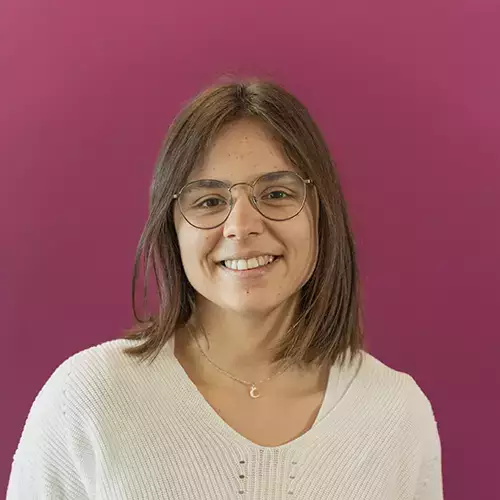Mise à l’honneur des accomplissements des membres de l’IBDM.
Institut de Biologie du Développement de Marseille
Mise à l’honneur des accomplissements des membres de l’IBDM.
La mise en place d’une plateforme technique de qPCR représente bien plus qu’une simple réalisation technique pour moi.
Pierre-François Lenne s’intéresse à la gastrulation, une étape essentielle dans la création des premiers tissus.
Un outil pour ImageJ/Fiji analyse automatiquement les motifs trouvés dans les muscles, les neurones et plus encore.
La dysbiose du microbiote intestinal favorise la douleur somatique chronique chez les souris mâles déficientes en Myo1a.
Je trouve passionnant les notions de micro-chimérisme qui montre que nous pouvons abriter dans nos organismes des cellules de nos mères.
L’équipe de Frank Schnorrer recherche un(e) doctorant(e) afin de décrypter les mécanismes moléculaires par lesquels les noyaux musculaires détectent la pression mécanique pour adapter leur programme transcriptionnel.
How two recently discovered and oppositely acting transcriptional regulators control metabolism in the Drosophila larval fat body, with a special attention on metabolic paths linked to fat accumulation.
Notre équipe à l’IBDM participe à un concours de maître de conférence pour un poste de professeur assistant permanent en bio-informatique à Aix-Marseille Université.
Nous recherchons un/une gestionnaire administratif et financier (H/F). La personne recrutée sera intégrée au sein du Service Administratif et Financier de l’Institut de Biologie du Développement de Marseille (IBDM).
We are looking for candidates wishing to apply to a CENTURI Program PhD fellowship to work on the cell biology of epithelia in the emerging model Trichoplax.
Conditions requises : Maîtrise en physique, biophysique, acoustique, biologie moléculaire ou cellulaire, neurosciences ou dans une discipline connexe.

L'Institut de Biologie du Développement de Marseille (IBDM), institut sous tutelle du CNRS et d'AMU (Aix-Marseille Université), regroupe une vingtaine d'équipes dont les recherches sont principalement orientées vers la biologie du développement et les pathologies qui y sont associées.